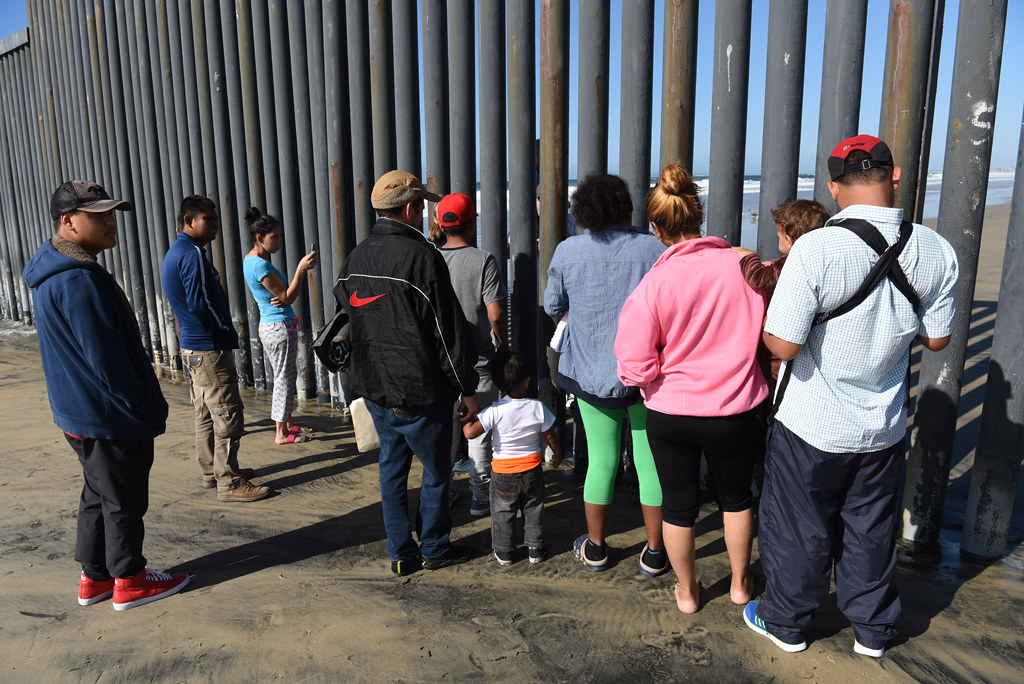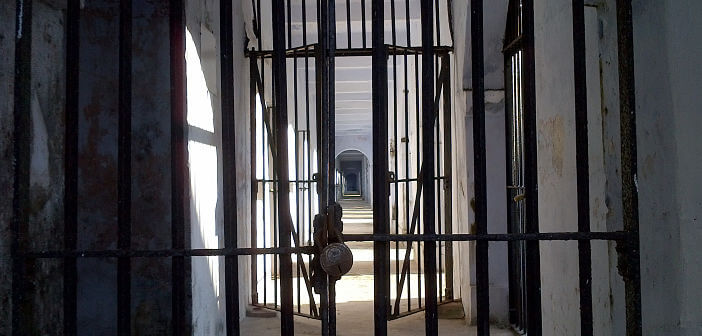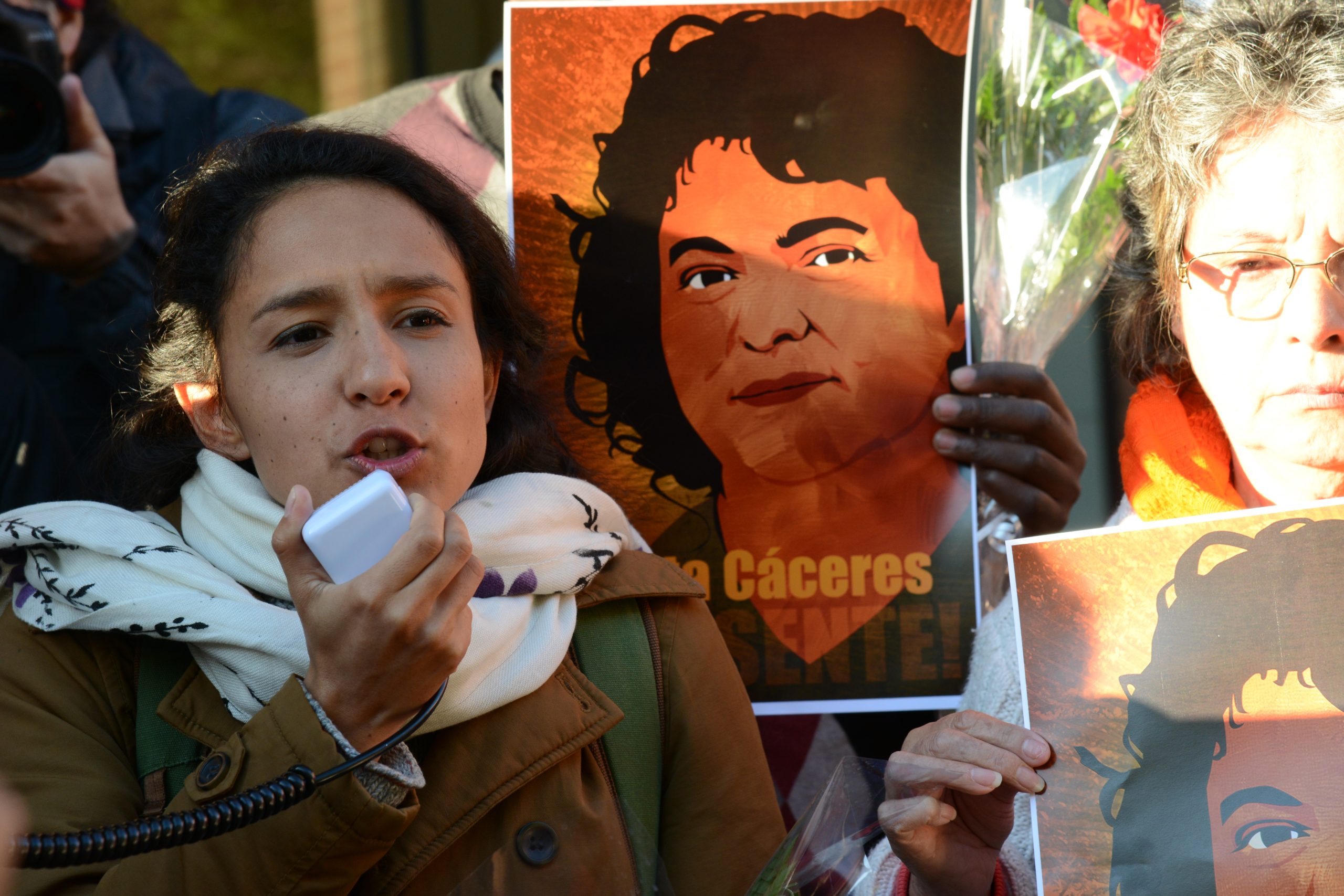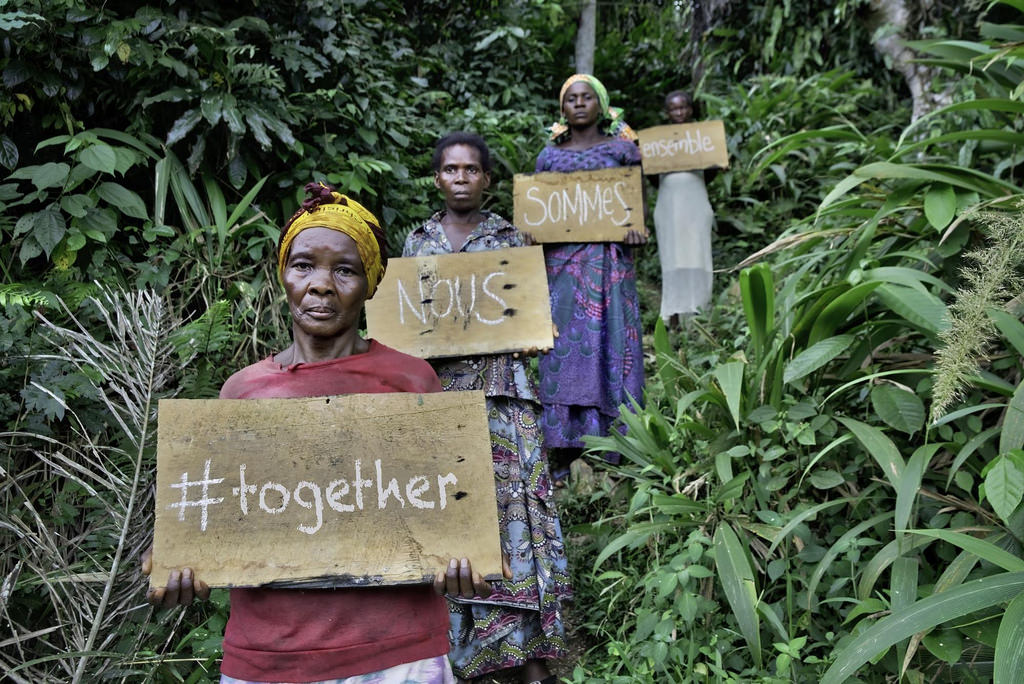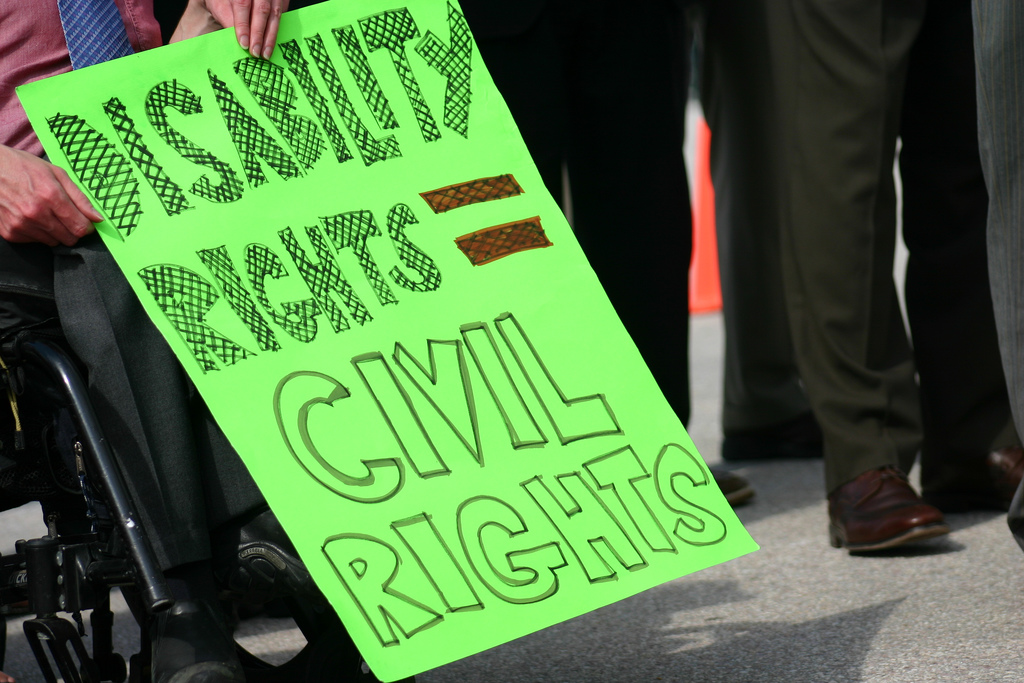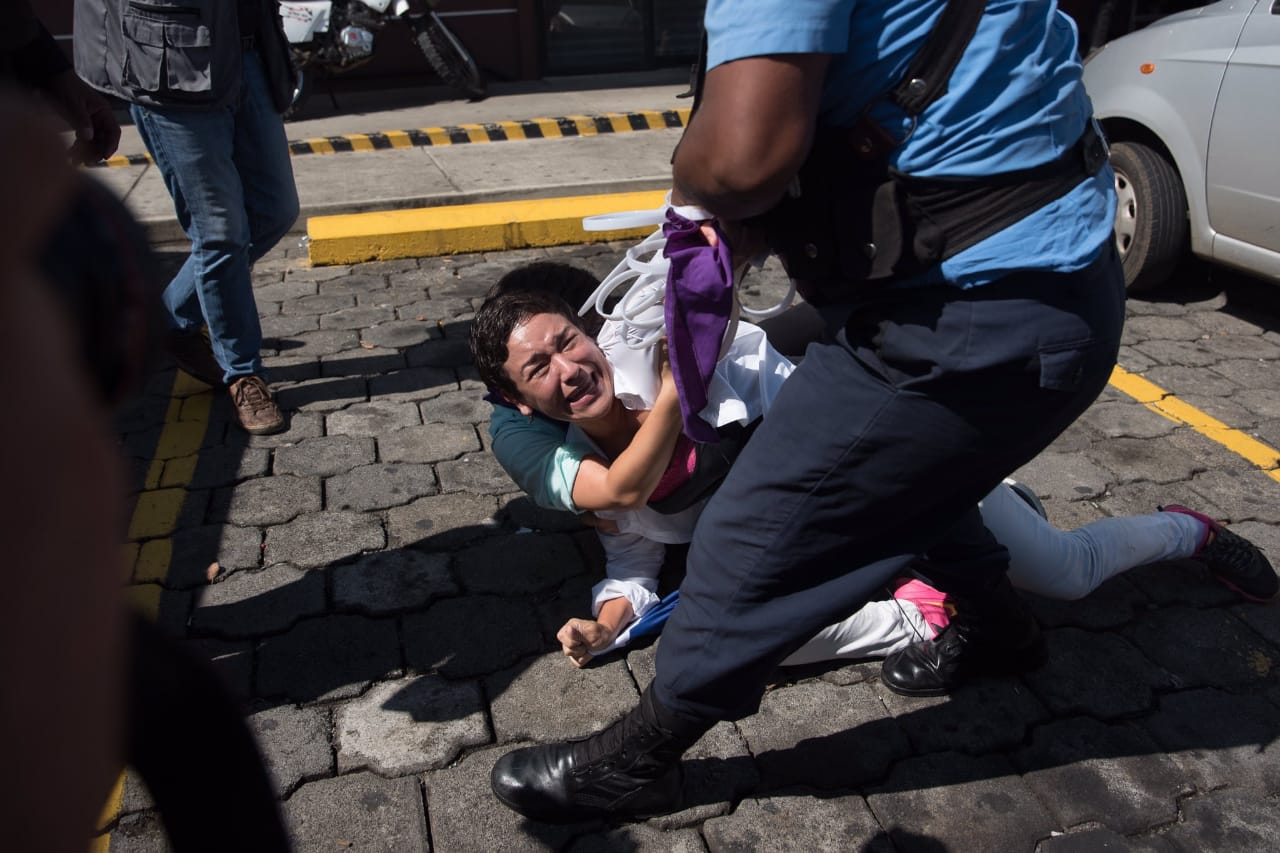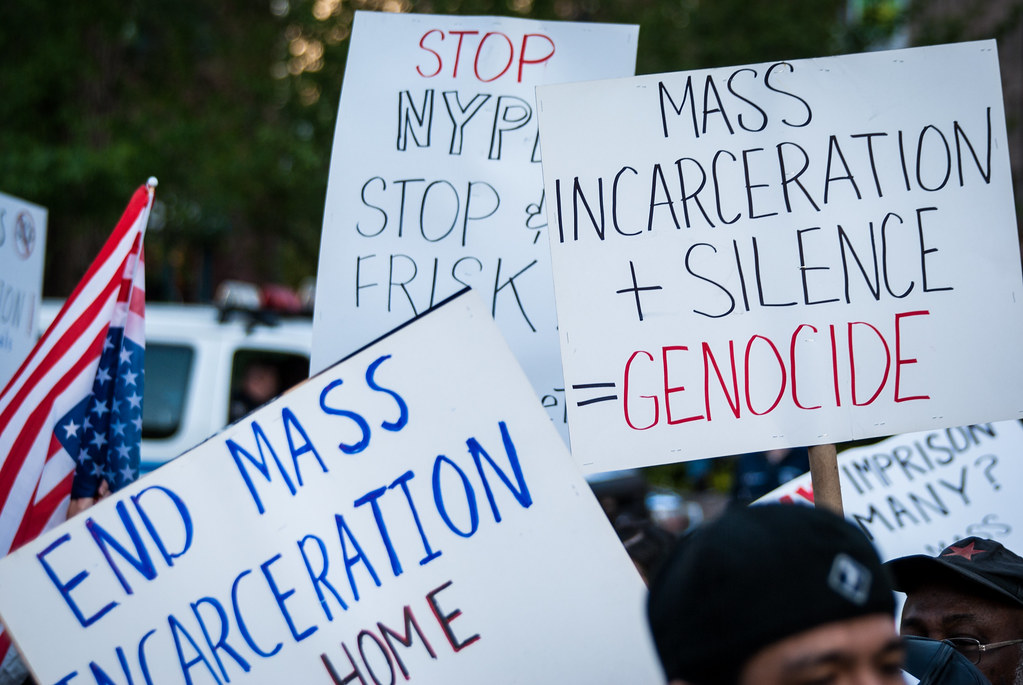
Truth in Sentencing: Mass Incarceration in the United States
By Reem Katrib, Staff Writer for RightsViews
With the mark of the 10th year anniversary of Michelle Alexander’s powerful book The New Jim Crow at the end of January, our current celebration of Black History Month, and an approaching presidential election, it is important to bring to the forefront the continuing systemic racism in the American criminal justice system. The recent eighth presidential debate, argued the evening of February 7, 2020, in New Hampshire, brought forth this topic with the spotlight on presidential candidate Pete Buttigieg when asked why a black resident in South Bend, Indiana was four times more likely to be arrested for the possession of marijuana than a white resident after his appointment to office. While Buttigieg had initially avoided the questions posed by ABC News’ Live News Anchor Linsey Davis, he then conceded, claiming that the arrests made were made as a result of the gang violence that was prevalent in the black community of South Bend,...

